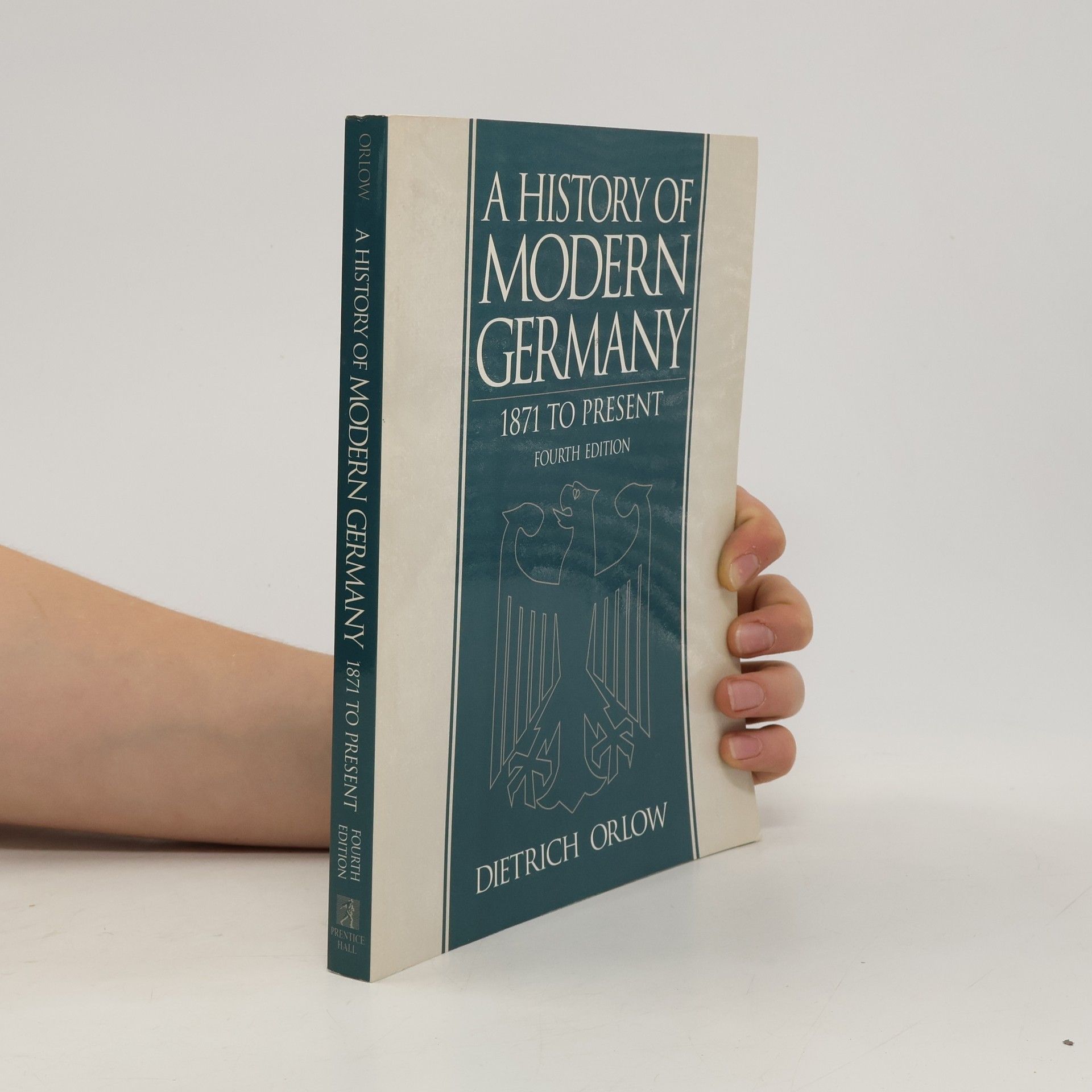A general survey of the political, social, economic, intellectual and cultural history of Germany from national unification in 1871 to political division in 1945 and reunification in 1990. A new chapter on Germany since 1990 has been added.
Dietrich Orlow Boeken



First installment in a two volume history of the Nazi party based on unpublished German archival material. A valuable study of the first phase of national socialism. Covers the period from the party's origins as a debating club in Muncih to its Berlin triumphs in early 1933.
The Parteihochschule Karl Marx under Ulbricht and Honecker, 1946-1990
The Perseverance of a Stalinist Institution
- 104bladzijden
- 4 uur lezen
Focusing on the Parteihochschule Karl Marx, this book explores its role as a training institute for Communist officials in East Germany from its founding in 1946. It highlights the implementation of Stalinist policies under leaders Walter Ulbricht and Erich Honecker, while examining the influence of key figures like Hanna Wolf and Kurt Tiedke. The analysis reveals the rigid and dogmatic nature of the East German regime, making it a crucial resource for understanding the intersection of German history and East European Communism.